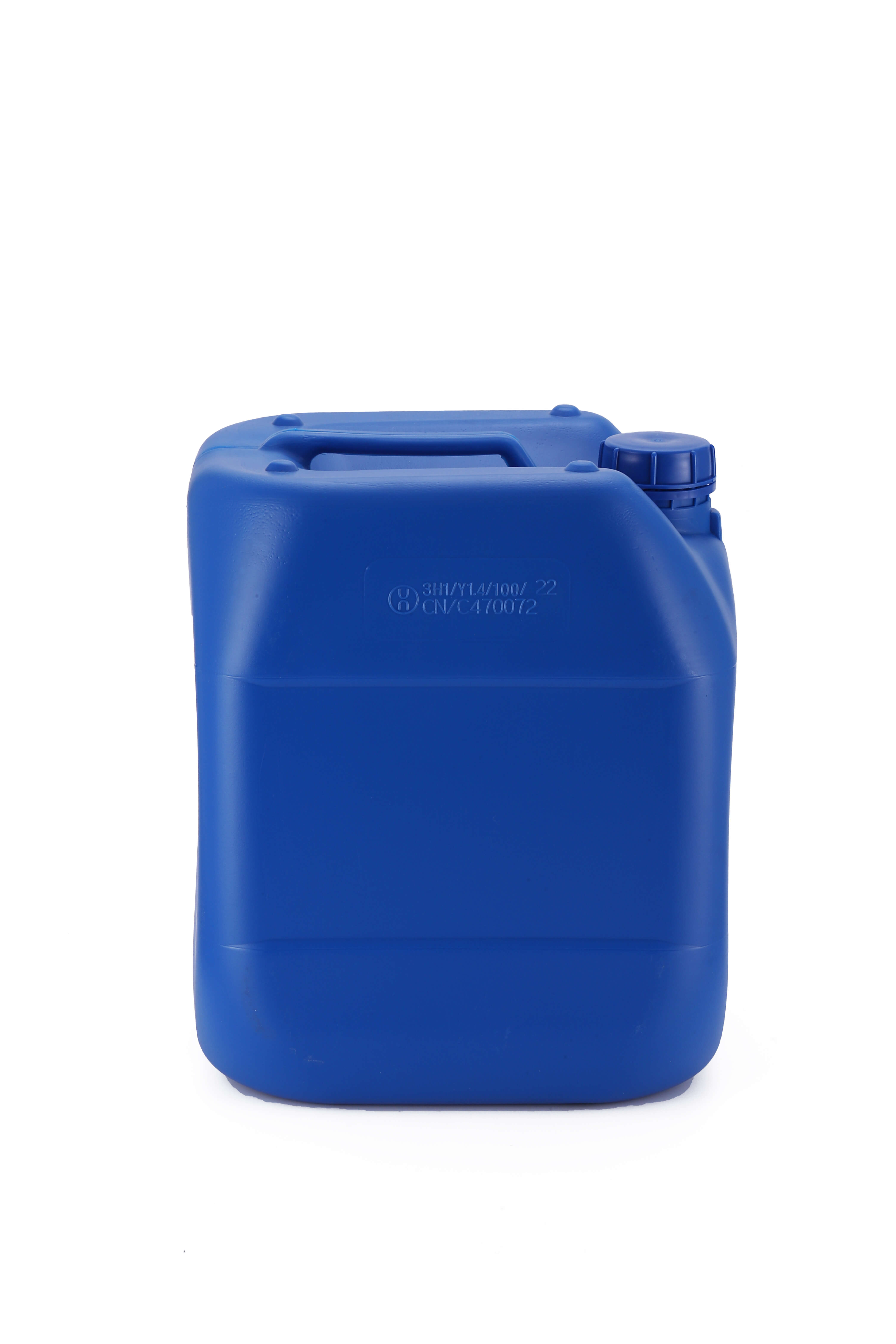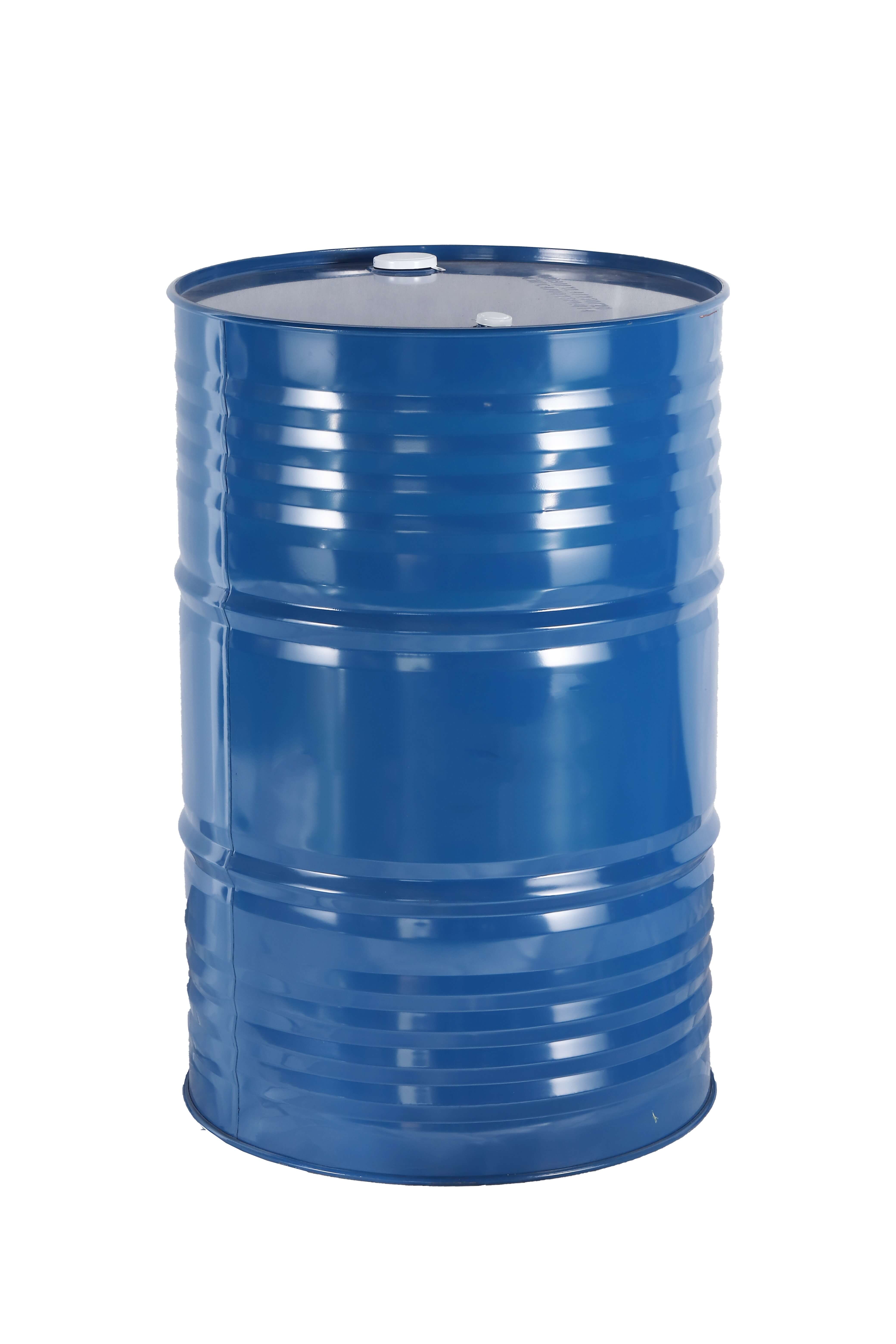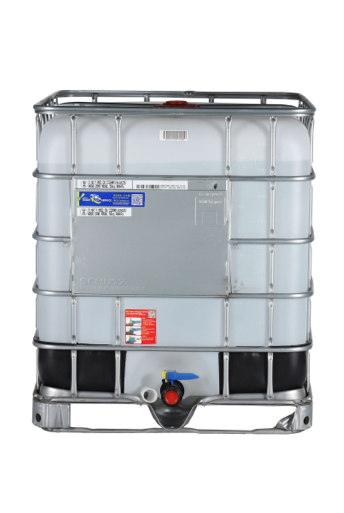English
| Availability: | |
|---|---|
| Quantity: | |








TCA-L97
TCA-L97
107525-86-0
1.Product Introduction of the Titanate Coupling Agent TCA-L97 (CAS No.107525-86-0)
Titanate Coupling Agent TCA-L97 (CAS No.107525-86-0), Our model TCA-L97(equivalent to Ken-React® LICA97),is a neoalkoxy amino titanate coupling agent; it has a better thermostability compared to traditional monoalkoxy titanates.
2.Product Parameter (Specification) of the Titanate Coupling Agent TCA-L97 (CAS No.107525-86-0)
Index | Value |
Titanate type | Neoalkoxy |
Appearance | Brown |
Solids (in IPA Solvent),% | 56 |
Viscosity,cps@25℃(77℉) | 10,000 |
Specific Gravity @16℃(61℉) | 1.17 |
Flash Point, (TCC) | 71℃ (160℉) |
3.Application of the Titanate Coupling Agent TCA-L97 (CAS No.107525-86-0):
Coupling Agents are molecular bridges at the interface between two substrates, usually but not limited to an inorganic filler/fiber and an organic polymer matrix. Titanium-derived coupling agents react with free protons at the inorganic interface resulting in the formation of organic-titanium monomolecular layers on the inorganic surface. Additionally, the coupling agent may have up to Six Functions in the matrix-which include polymer catalysis and other heteroatom effects-independent of inorganic content.
Typically, titanate-treated inorganics are hydrophobic, organophilic, and organofunctional. Fillers may be pretreated or treated in situ absent water of condensation and drying techniques as needed with silanes. When used in polymers, titanates can increase adhesion ;improve impact strength and mechanical properties; reduce embrittlement; allow higher filler loadings; optimize particulate dispersion; increase flow of filled and unfilled polymers at lower process temperatures; prevent phase separation; and may have other effects (see “Suggested Functions”).
Reactive Substrates –Proton reactivity allows coupling to almost all inorganic and organic substrates such as CaCO3, carbonates, carbon black, graphite, minerals, nano-particulates, silicas, silicates, metals, metal oxides, peroxides, hydrates, acetates, borates, sulfates, nitrates, nitramines, aramid, organic pigments, cellulosics, sulfur, azodicarbonamide, polymers, etc.
Suggested Functions-Coupling agent, adhesion promoter, catalyst, repolymerization catalyst, copolymerization catalyst, regrind regenerator, polymer strain and mechanical property improver, dispersion aid, deagglomerator, wetting agent, surfactant, grinding aid , plasticizer or solvent reducer, superplasticizer, low temperature flexibilizer, process aid, peptizer, flow control agent, lubricant, viscosity depressant, thixotrope, suspension aid, impact modifier, comonomer, Lewis Acid reducing agent, hydrophobic agent, cure rate modifier, blowing agent activator, intumescent activator, flame retardant, conductivity enhancer, corrosion inhibitor, anti-aging inhibitor, etc. Function depends on dosage, solubility parameters, dilution, sequencing, process conditions, substrate, polymer, other ingredients, curatives, etc. and their interaction with the isopropoxy, alcoholate, aliphatic and amino chemical functionalities of TCA-L97.
Some Commercial Applications-There is many references in the literature citing the use of TCA-L97. Originally conceived to provide amino thermoset reactivity, applications have expanded to include: dispersion aid and physical property enhancer for use on the hardener side of nitrogen based epoxy curatives; catalyst for phenolic resin manufacture; urethane catalyst –twenty-two times faster than DBTDL in 2-component urethanes;TiO2/Zn Molybdate/silicone-alkyd marine deck coatings; increased tensile and flexibility of CaCO3 filled flexible PVC; chemical reactivity for property enhancement of halogenated polymers; adhesion promoter for epoxy, acrylic and urethane coatings to metals and polymers; increased properties of Kevlar (aramid) reinforced, amide and anhydride cured epoxies; increased conductivity of metal powder filled polymers, etc.
4.Packing Details of the Titanate Coupling Agent TCA-L97 (CAS No.107525-86-0)
The regular packing of Titanate Coupling Agent TCA-L97 (CAS No.107525-86-0)is 25kg pail, 200L drums and 1000L immediate bulk container.
 |  |  |
5.Storage and Shelf Life of Titanate Coupling Agent TCA-L97 (CAS No.107525-86-0):
Should be stored in dry, cool, ventilated room; keep away from water, moisture, high temperature and fire. This product has a shelf life of at least 12 months if stored in tightly closed original container at room temperature.
If this product is kept beyond the shelf life recommend on the product label, it is not necessarily unusable, but a quality control should be performed on the properties relevant to the application.
1.Product Introduction of the Titanate Coupling Agent TCA-L97 (CAS No.107525-86-0)
Titanate Coupling Agent TCA-L97 (CAS No.107525-86-0), Our model TCA-L97(equivalent to Ken-React® LICA97),is a neoalkoxy amino titanate coupling agent; it has a better thermostability compared to traditional monoalkoxy titanates.
2.Product Parameter (Specification) of the Titanate Coupling Agent TCA-L97 (CAS No.107525-86-0)
Index | Value |
Titanate type | Neoalkoxy |
Appearance | Brown |
Solids (in IPA Solvent),% | 56 |
Viscosity,cps@25℃(77℉) | 10,000 |
Specific Gravity @16℃(61℉) | 1.17 |
Flash Point, (TCC) | 71℃ (160℉) |
3.Application of the Titanate Coupling Agent TCA-L97 (CAS No.107525-86-0):
Coupling Agents are molecular bridges at the interface between two substrates, usually but not limited to an inorganic filler/fiber and an organic polymer matrix. Titanium-derived coupling agents react with free protons at the inorganic interface resulting in the formation of organic-titanium monomolecular layers on the inorganic surface. Additionally, the coupling agent may have up to Six Functions in the matrix-which include polymer catalysis and other heteroatom effects-independent of inorganic content.
Typically, titanate-treated inorganics are hydrophobic, organophilic, and organofunctional. Fillers may be pretreated or treated in situ absent water of condensation and drying techniques as needed with silanes. When used in polymers, titanates can increase adhesion ;improve impact strength and mechanical properties; reduce embrittlement; allow higher filler loadings; optimize particulate dispersion; increase flow of filled and unfilled polymers at lower process temperatures; prevent phase separation; and may have other effects (see “Suggested Functions”).
Reactive Substrates –Proton reactivity allows coupling to almost all inorganic and organic substrates such as CaCO3, carbonates, carbon black, graphite, minerals, nano-particulates, silicas, silicates, metals, metal oxides, peroxides, hydrates, acetates, borates, sulfates, nitrates, nitramines, aramid, organic pigments, cellulosics, sulfur, azodicarbonamide, polymers, etc.
Suggested Functions-Coupling agent, adhesion promoter, catalyst, repolymerization catalyst, copolymerization catalyst, regrind regenerator, polymer strain and mechanical property improver, dispersion aid, deagglomerator, wetting agent, surfactant, grinding aid , plasticizer or solvent reducer, superplasticizer, low temperature flexibilizer, process aid, peptizer, flow control agent, lubricant, viscosity depressant, thixotrope, suspension aid, impact modifier, comonomer, Lewis Acid reducing agent, hydrophobic agent, cure rate modifier, blowing agent activator, intumescent activator, flame retardant, conductivity enhancer, corrosion inhibitor, anti-aging inhibitor, etc. Function depends on dosage, solubility parameters, dilution, sequencing, process conditions, substrate, polymer, other ingredients, curatives, etc. and their interaction with the isopropoxy, alcoholate, aliphatic and amino chemical functionalities of TCA-L97.
Some Commercial Applications-There is many references in the literature citing the use of TCA-L97. Originally conceived to provide amino thermoset reactivity, applications have expanded to include: dispersion aid and physical property enhancer for use on the hardener side of nitrogen based epoxy curatives; catalyst for phenolic resin manufacture; urethane catalyst –twenty-two times faster than DBTDL in 2-component urethanes;TiO2/Zn Molybdate/silicone-alkyd marine deck coatings; increased tensile and flexibility of CaCO3 filled flexible PVC; chemical reactivity for property enhancement of halogenated polymers; adhesion promoter for epoxy, acrylic and urethane coatings to metals and polymers; increased properties of Kevlar (aramid) reinforced, amide and anhydride cured epoxies; increased conductivity of metal powder filled polymers, etc.
4.Packing Details of the Titanate Coupling Agent TCA-L97 (CAS No.107525-86-0)
The regular packing of Titanate Coupling Agent TCA-L97 (CAS No.107525-86-0)is 25kg pail, 200L drums and 1000L immediate bulk container.
 |  |  |
5.Storage and Shelf Life of Titanate Coupling Agent TCA-L97 (CAS No.107525-86-0):
Should be stored in dry, cool, ventilated room; keep away from water, moisture, high temperature and fire. This product has a shelf life of at least 12 months if stored in tightly closed original container at room temperature.
If this product is kept beyond the shelf life recommend on the product label, it is not necessarily unusable, but a quality control should be performed on the properties relevant to the application.
